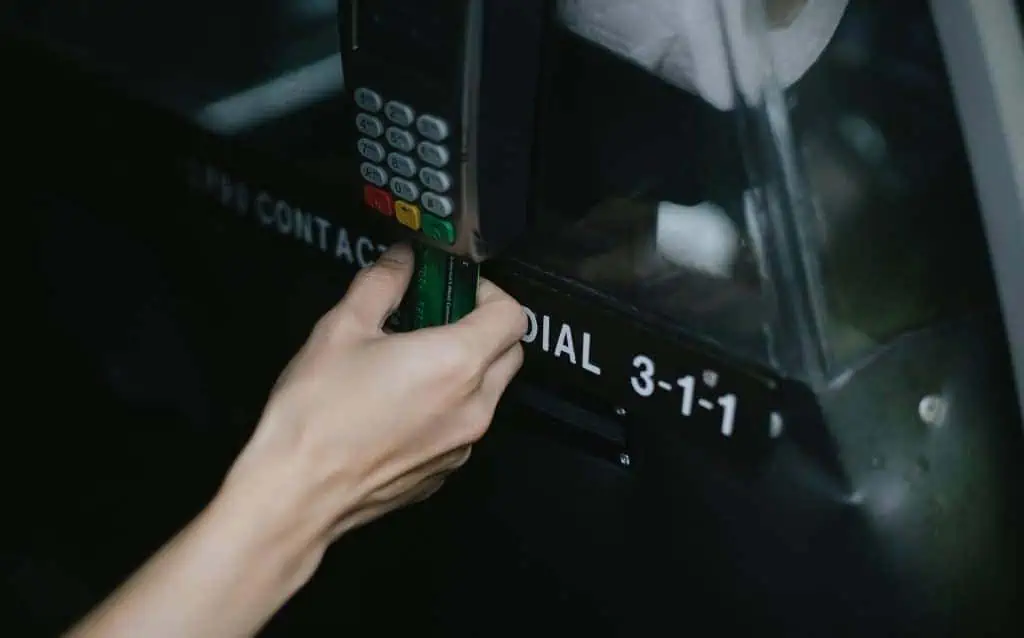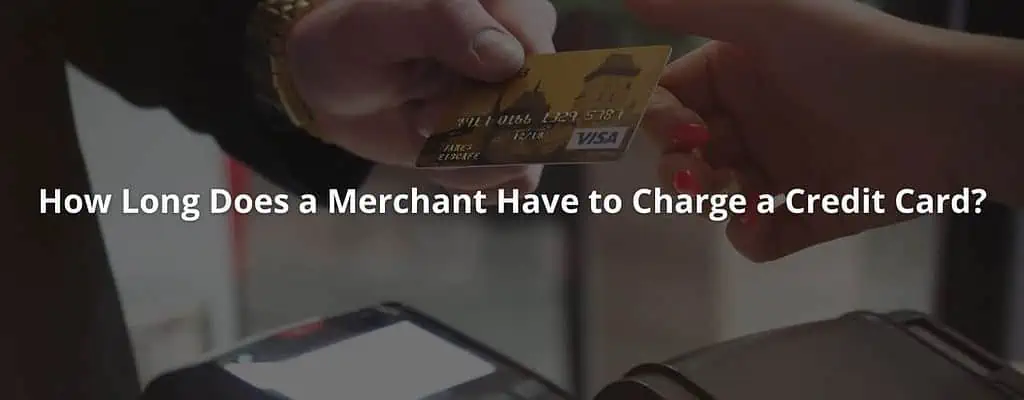When you go shopping, you typically have the expectation that the merchant will charge your credit card immediately upon leaving the register. However, this is not always the case. How long does a merchant have to charge a credit card?
There are no maximum time limits for how long a merchant has to charge a credit card. Most will batch out transactions at the end of the day. Authorizations do expire based on the terms and conditions of your credit card.
Here are a few things you need to know about your credit card authorization and how merchants can handle your purchase.
How Long Does a Merchant Have to Charge a Credit Card?
Imagine that you were out of town last week or last month, but you didn’t see the charges from the hotel show up on your credit card until now. Wouldn’t it send up alarm bells for you if you suddenly had the charge pop up on your credit card this far after the initial purchase?
Many shoppers wonder just how long a merchant has to charge their credit card after they submit to a transaction. They feel that there should be some kind of limit for how long a merchant has to delay a credit card transaction.

Unfortunately, there are no hard and fast rules for how long a merchant has to delay charging your credit card. There are no maximum time limits placed upon transactions, but there are some general guidelines that merchants adhere to.
Most places will batch out their payments at the close of the day. This is a good habit for their workers to get into, but it actually has more to do with surcharges than your convenience.
After 24 hours without batching out, the merchant will be hit with a surcharge by their credit card processing company. If they still choose not to batch out their machines, they are likely to be hit with a second surcharge after 72 hours have passed. This is a good incentive to inspire merchants to always close and transmit sales in a timely manner.
Does My Authorization Expire?
Some people forget about their transactions if they do not see them pop up on their credit card statement. If you waited for weeks to see a charge come across your statement, wouldn’t you be likely to forget about it too?
After a while, you may not have to worry about it anymore. Authorizations for charges can expire depending on the terms and conditions of your card. Be sure to read the fine print if you notice that a merchant has not charged your card like you expected them to.
For a lot of credit cards, authorizations are only good for less than thirty days.
You might have a credit card company that is a bit more particular though. In these cases, authorizations are only valid for seven days.
What About Contested Charges?
If a merchant refrains from batching out sales for too long, they run the risk of facing contested charges or chargebacks. This occurs when you see the charge on your statement and contest it with your credit card provider. The bank earmarks the charge as fraudulent and works to get your money back from the merchant.
Technically, the merchant has the right to defend themselves but few will do so in these situations. It can take a lot of time and money to try to contest a chargeback that you labeled as fraudulent with the bank.
Most merchants do not have either of these resources to spare, so they avoid them if at all possible. The best thing for them to do is to batch out sales daily so that you can expect the charge.
Monitoring Your Credit Card Statement
How long does a merchant have to charge a credit card? Technically, there are no maximum limits or parameters on this, so you should watch your statement closely!
